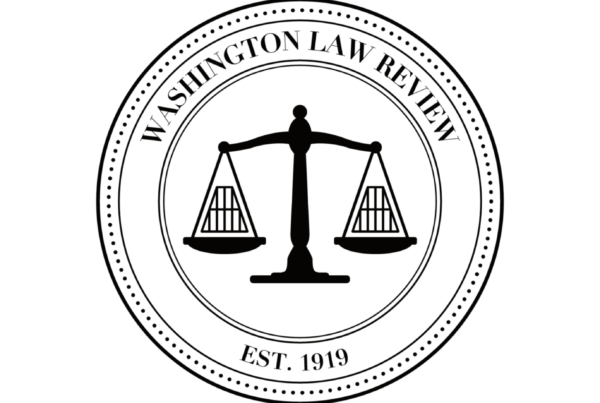Abstract: Despite over 200 years of deliberation and debate, the United States has not adopted a federal corporate chartering law. Instead, Delaware is the “Federal Option” for corporate law and adjudication. The contemporary federal corporate chartering debate is, in part, a referendum on its role. Although the federal government has regulated other aspects of interstate commerce and has the power to charter corporations and preempt Delaware pursuant to its Commerce Clause power, it has not done so. Despite the rich and robust scholarly discussion of Delaware’s jurisdictional dominance, its role as a de facto national regulator remains underdeveloped. This Article addresses a vexing question: Can Delaware, a haven for incorporation and adjudication, serve as an effective national regulator? Following an analysis of federal chartering alternatives, such as the Nader Plan, the Warren Plan, the Sanders Plan, and other modes of regulation, the answer is yes, but with some caveats and qualifications. Delaware’s adequate, if imperfect, performance as a surrogate national regulator of corporate internal affairs argues against the upheaval of the existing corporate law framework federal chartering would bring. Even in the contemporary moment where longstanding concerns about corporate power, purpose, accountability, and the uneasy relationship between corporations and society are amplified, Delaware can continue to perform an important agency-like role in collaboration with federal regulators and regulated firms. A deeper examination comparing the merits of federal corporate chartering with Delaware’s de facto agency function illuminates the potential of existing and future reforms. This Article concludes that federal chartering proposals have an important impact despite not being adopted for centuries. First, federal chartering proposals encourage policymakers to look beyond the status quo toward greater hybridization in regulatory design. Second, elements of previous federal chartering proposals have historically become successful “à la carte” reforms or part of other successful reform measures. Third, federal chartering proposals provide value as a bargaining tool where the threat of more intrusive federal regulation makes other reform methods more palatable to diverse corporate constituencies.
Abstract: Courts are increasingly invoking copyright law’s “scenes a faire” doctrine, which precludes infringement liability for copying typical or standard elements in a copyrighted work. But judges and commentators only…
Read More
Abstract: Congress passed two life-saving laws in the mid-1990s: a protection order prohibition, which bars firearm possession for protection order respondents, and the Lautenberg Amendment, which bars firearm possession for…
Read More
Abstract: In 2022, Congress proposed the Digital Commodities Consumer Protection Act to amend the Commodity Exchange Act and define a new type of commodity: digital commodity. The definition of digital…
Read More



